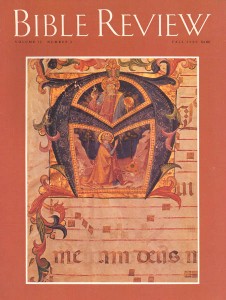On February 11, 1986, a conspicuously small man named Anatoly Shcharansky strode across the Glienicke Bridge from Communist-controlled East Germany to West Berlin and into the waiting car of the American ambassador. Shcharansky carried with him his most valued possession—a book of Hebrew Psalms.
Thirty-seven years old, Anatoly Shcharansky had spent the previous nine years in Soviet prisons and work camps. Thirteen years earlier, in 1973, the young Jewish mathematician and chess player had applied for an exit visa to leave the Soviet Union to move to Israel. His request repeatedly denied, Shcharansky became an outspoken leader of his fellow “refuseniks” as well as an active supporter of all Russians whose free speech had been curtailed. Arrested by the KGB on March 15, 1977, Shcharansky was imprisoned for 16 months before trial and then was sentenced to 20 more months in prison and 10 years in a strict-regime labor camp. At the time of his final transfer from the labor camp to Moscow, shortly before his release, Shcharansky’s guards took away his Book of Psalms. Shcharansky lay in the snow, refusing to move, until the Psalms were returned to him.
Already a library member? Log in here.
Institution user? Log in with your IP address.

